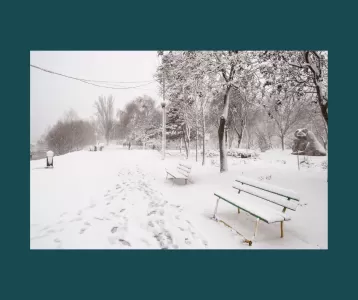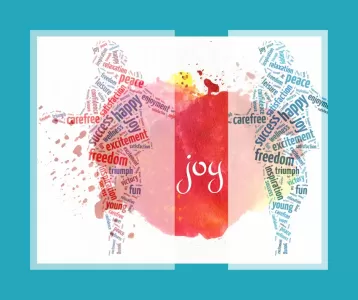What happens when the game changes?
In the seventies when I was entering the working world the objective was to find a company, commit my time and allegiance for the promise of a respectable retirement package. We were being offered security. I had not lived through the prior world wars nor the hard ships of the depression from which the basis of this offering was crafted. I did not know how lucky I was compared to what my father had faced at a similar age 30 years prior. It was the agreement and promise of working in America.
So, for the next ten years I pursued the objective of finding that company, my place. The early part of this time I changed jobs and employers frequently as I prospected at the entry level in companies. I landed a job with a company that showed promise. It was the type of work I wanted to do and improve. I was all in. I had the job, a wife, a son and a new home. During the seventh year with this company I traveled to West Virginia to memorialize my grandfather. While on that trip I was told of layoffs happening and two of my direct reports were given their notice. My greeting at the office on Monday was in the conference room where I too was presented my layoff package. This was shocking because I was getting excellent performance reviews. My relationship with management and my peers was solid. There were no obvious reasons why I should be laid off. Understand, I had been operating under the assumption of the implied promise; “if I worked hard the “company” would stand by me till retirement.” It didn’t make sense. I left that day without my identity, in a haze with a severance package in hand. Lost.
At that time in my life and that period in our country “down-sizing” had become a strategy for corporate survival. Layoffs were not targeting solely the bad apples; they were strategically removing expenses. The relationship between your salary and revenue generation became the important equation. But I didn’t know that. The breadth of my experience connected being fired or laid off with slacker or problem. Intellectually I could rationalize my contribution, but if that were true, why then would they release someone who did his job well? It didn’t make sense. It left a mark. A mark that traveled with me for a couple of years.
I learned later about the change in corporate America. The implied promise to provide lifelong opportunity in exchange for dedication and hard work was being broken. Businesses were recognizing they needed to speak to this publicly. Not for those they laid off but for those who remained. Businesses, specifically owners and managers saw productivity tanking. Morale was bottoming out. Workers were struggling to make sense of what appeared to be arbitrary layoffs. Could I be next? If hard work is no longer sufficient to be safe, and seniority no longer critical, then what do I need to do to be secure? We learned what the new contract was and reoriented to the new model. It was now on the individual to be responsible because the company isn’t promising unlimited employment.
The current pandemic is creating another moment of insecurity. The rules have changed. The comfort we once had walking down a store aisle, embracing another, or joining together for a concert or game is not safe. We are learning the threat is not random and how masks and gloves offer some protection. Safety is defined by sequestering ourselves. Separating ourselves from everyone, even loved ones for their safety as well as our own.
Like my experience from the 80’s we are learning the new rules. We are learning what changed our core way of life so quickly. We are accepting masks and gloves are necessary now with the hope in weeks we will be able to leave our homes with more confidence. I am hearing stories of individuals reaching out, taking on risk, to help others. They are delivering groceries and medicines. They are sharing their supplies. They are reaching out to connect.
The pace at which we will move past this moment of crisis will be a measure of our collective resiliency. It will be a measure of my capacity to manage my “fight or flight” response. For times of crisis Army Rangers are taught they need to “Go slow to go fast.” The better they are in managing their urge to run or fight as a reaction, the better they will be at identifying their options. Being able to see the options gives them more opportunity to pick a strategy that will keep them safe and succeed in their objective. The same thing is true for us.
An unexpected change, a surprise is an opportunity for us to measure our capacity, our resiliency. The more options I have available to me to deal with the unexpected the more likely I will be able to see what options are available to deal with the change. Said another way it is the opportunity to living life on my terms. Living life on my terms means living a life I love. Isn’t this what you or I are after; Living a life we love? So, remember “Slow down to go fast” means find ways to lower our sense of threat, lower our stress, and reduce our sense of overwhelm. Reach out to trusted friends, mentors, and advisors for gaining perspective and restoring your foundation. This is a way to improve your ability to see opportunities.









